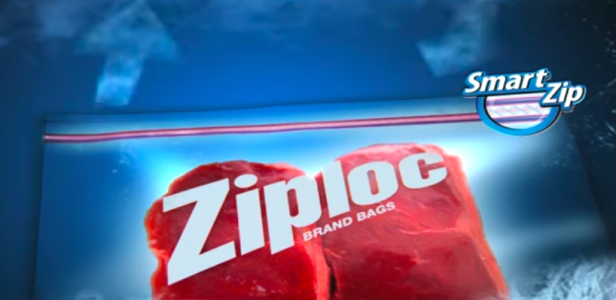What’s touching your food? A recent lawsuit raises concerns about microplastics
- Replies 0
It’s the bag you reach for when storing leftovers, freezing soup, or microwaving a quick meal.
Ziploc has been a household name for decades.
But a new lawsuit is raising serious concerns—suggesting that what’s inside those familiar blue-and-pink bags might not be as safe as we thought.
A California woman has filed a class action lawsuit against the maker of Ziploc, alleging that some of its products release microplastics into food during normal use.
And it’s not just about product labels—it’s about your health.
The issue? Products labeled as microwave safe or freezer safe may leach microplastics when used as directed.
The lawsuit argues that this makes the bags and containers “fundamentally unfit” for their advertised purposes.
Even more alarming: consumers were allegedly not warned about this risk.
Also read: Your favorite gum might come with a hidden ingredient you don’t want to swallow
Recent research has shown that heating or freezing food in plastic containers can release these particles into the food itself.
Once ingested, they may:
Also read: Is your tea packed with microplastics? Here’s the shocking truth
If you’ve bought any of these in recent years, you may be eligible for compensation if the case moves forward.
This may include refunds, product vouchers, or other relief.
The lawsuit is currently in its early stages. No judgment has been made yet, and S.C. Johnson has not issued a public comment.
Read next: Save your health from escalating microplastics danger with these affordable superfoods!

Have you stopped using plastic containers in your home? Do you have safer food storage tips to share? Are you concerned about microplastics—or do you think the risks are overblown? Share your thoughts, habits, and questions in the comments below. And if you know someone who uses Ziploc products regularly, send this article their way.
Ziploc has been a household name for decades.
But a new lawsuit is raising serious concerns—suggesting that what’s inside those familiar blue-and-pink bags might not be as safe as we thought.
A California woman has filed a class action lawsuit against the maker of Ziploc, alleging that some of its products release microplastics into food during normal use.
And it’s not just about product labels—it’s about your health.
What’s the lawsuit about?
Filed on April 25, the complaint accuses S.C. Johnson—the company behind Ziploc—of misleading marketing.The issue? Products labeled as microwave safe or freezer safe may leach microplastics when used as directed.
The lawsuit argues that this makes the bags and containers “fundamentally unfit” for their advertised purposes.
Even more alarming: consumers were allegedly not warned about this risk.
Also read: Your favorite gum might come with a hidden ingredient you don’t want to swallow
What are microplastics—and should you be worried?
Microplastics are small plastic fragments that form when larger plastics break down.Recent research has shown that heating or freezing food in plastic containers can release these particles into the food itself.
Once ingested, they may:
- Disrupt the digestive system
- Weaken the immune response
- Carry toxic chemicals
- Possibly affect reproductive health
Also read: Is your tea packed with microplastics? Here’s the shocking truth
Which Ziploc products are named?
The class action targets multiple bags and containers, including:- Freezer Bags (Pint, Quart, Gallon)
- Slider Freezer Bags (Quart, Gallon)
- Slider Storage Bags (Quart, Gallon)
- Ziploc Containers
If you’ve bought any of these in recent years, you may be eligible for compensation if the case moves forward.
What could happen next?
If the court certifies the class, affected consumers across the country could receive compensation through a settlement or ruling.This may include refunds, product vouchers, or other relief.
The lawsuit is currently in its early stages. No judgment has been made yet, and S.C. Johnson has not issued a public comment.
Read next: Save your health from escalating microplastics danger with these affordable superfoods!
Key Takeaways
- A California lawsuit alleges that some Ziploc products labeled as microwave safe or freezer safe release microplastics into food.
- The suit claims S.C. Johnson misled consumers and failed to warn them about potential health risks.
- Products named include various Ziploc freezer bags, slider bags, and containers.
- If certified, the class action could offer compensation to US consumers who purchased these items within the legal time frame.







